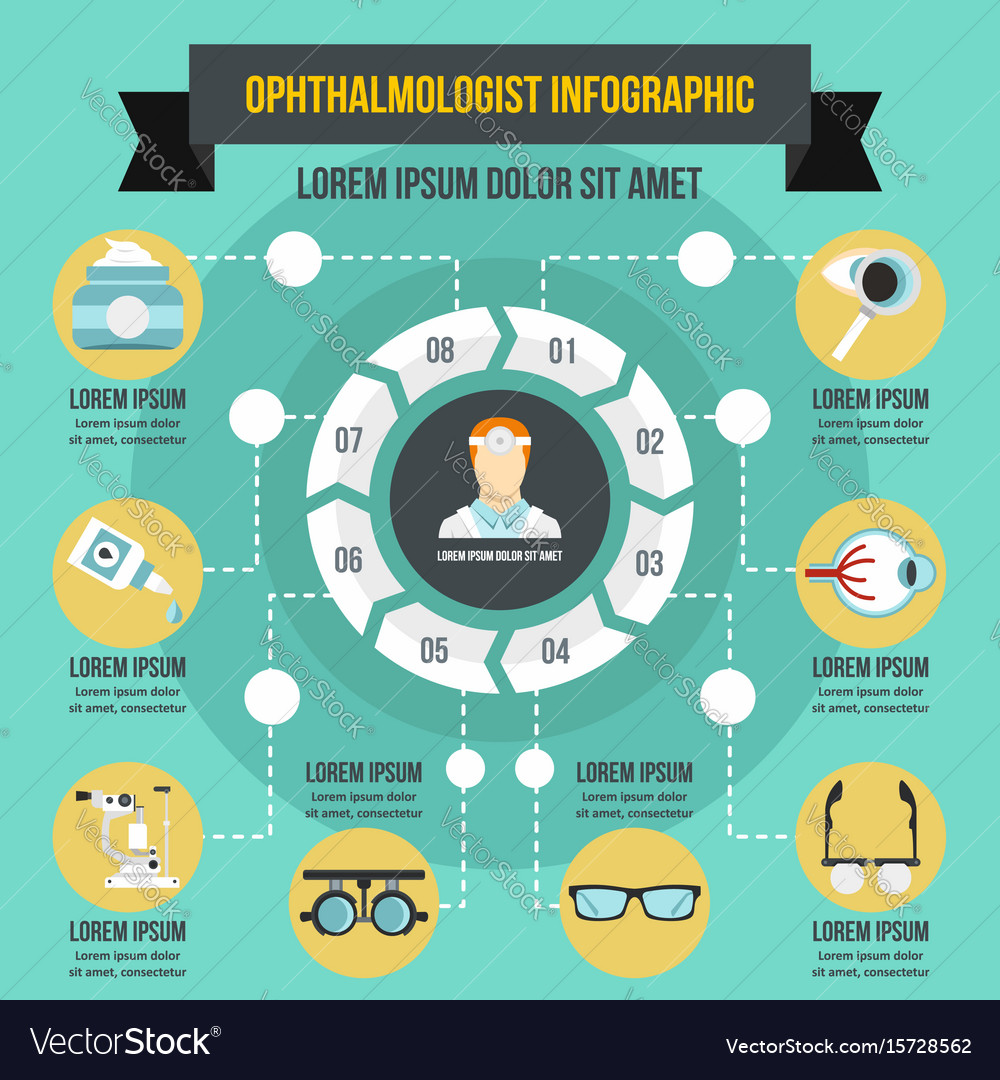Is SMILE Eye Surgery A Good Fit For You? Vital Insights And Factors To Review
Is SMILE Eye Surgery A Good Fit For You? Vital Insights And Factors To Review
Blog Article
Authored By- LASIK Vision Reviews
If you're considering SMILE eye surgery, ponder this: are you prepared to embrace prospective aesthetic liberty, or does the thought of any type of dangers make you think twice? Your choice will depend upon a cautious equilibrium of considering the benefits versus the unpredictabilities. It's essential to delve deeper right into the nuances of SMILE surgical treatment to make an informed selection that straightens with your aesthetic objectives.
Comprehending SMILE Eye Surgery
When thinking about SMILE Eye Surgery, it is very important to understand the treatment and its benefits. SMILE, which stands for Tiny Laceration Lenticule Removal, is a minimally intrusive laser eye surgery that fixes typical vision troubles like myopia (nearsightedness).
During the treatment, your eye specialist will certainly utilize a femtosecond laser to produce a little incision in your cornea. Through this incision, a small disc of tissue called a lenticule is removed, improving the cornea and fixing your vision.
One of the crucial advantages of SMILE Eye Surgery is its quick recovery time. Many patients experience boosted vision within a day or two after the procedure, with marginal pain.
Additionally, SMILE is known for its high success rate in offering lasting vision improvement. Unlike LASIK, SMILE does not require the creation of a flap in the cornea, lowering the risk of complications and permitting a much more stable corneal structure post-surgery.
Comprehending the procedure and its benefits is crucial when taking into consideration SMILE Eye Surgery for vision improvement.
Benefits and drawbacks of SMILE
Taking Into Consideration SMILE Eye Surgical treatment for vision adjustment features various advantages and prospective downsides.
Among the primary pros of SMILE is its minimally invasive nature, as it involves a small incision and typically results in fast healing times. The treatment is likewise known for triggering minimal discomfort and completely dry eye signs and symptoms post-surgery contrasted to various other vision correction methods. Additionally, SMILE has been revealed to provide outstanding visual outcomes, with lots of clients attaining 20/20 vision or better.
On the other hand, a possible disadvantage of SMILE is that it may not appropriate for individuals with extreme refractive mistakes, as the therapy variety is somewhat minimal compared to LASIK. An additional consideration is that the understanding curve for cosmetic surgeons executing SMILE can affect the accessibility of skilled providers in particular areas.
It's important to evaluate these benefits and drawbacks carefully when choosing if SMILE is the best selection for your vision adjustment demands.
Determining Qualification for SMILE
To figure out if you're eligible for SMILE eye surgical treatment, your optometrist will certainly perform a comprehensive evaluation of your eye wellness and vision requirements. During this evaluation, variables such as the security of your vision prescription, the density of your cornea, and the general health and wellness of your eyes will certainly be examined.
Normally, prospects for SMILE are over 22 years of ages, have a steady vision prescription for at least a year, and have healthy and balanced corneas without conditions like keratoconus.
Your optometrist will certainly also consider your general eye health and wellness, any type of existing eye conditions, and your lifestyle requires to figure out if SMILE is the best option for you. It's essential to communicate any kind of particular aesthetic needs or concerns you may have throughout this analysis to make sure that the therapy lines up with your expectations.
If https://www.healthline.com/health/eye-health/how-long-does-lasik-last for SMILE, your optometrist may recommend alternative vision improvement choices that much better suit your individual needs and eye health condition.
Final thought
Ultimately, choosing whether SMILE eye surgery is right for you calls for mindful consideration of your individual eye health and wellness and aesthetic demands. Consult with your optometrist to establish your eligibility for the treatment and weigh the possible benefits and disadvantages. Bear in mind to communicate any kind of issues or concerns you might have throughout the analysis procedure to make an educated decision regarding your vision modification alternatives.
